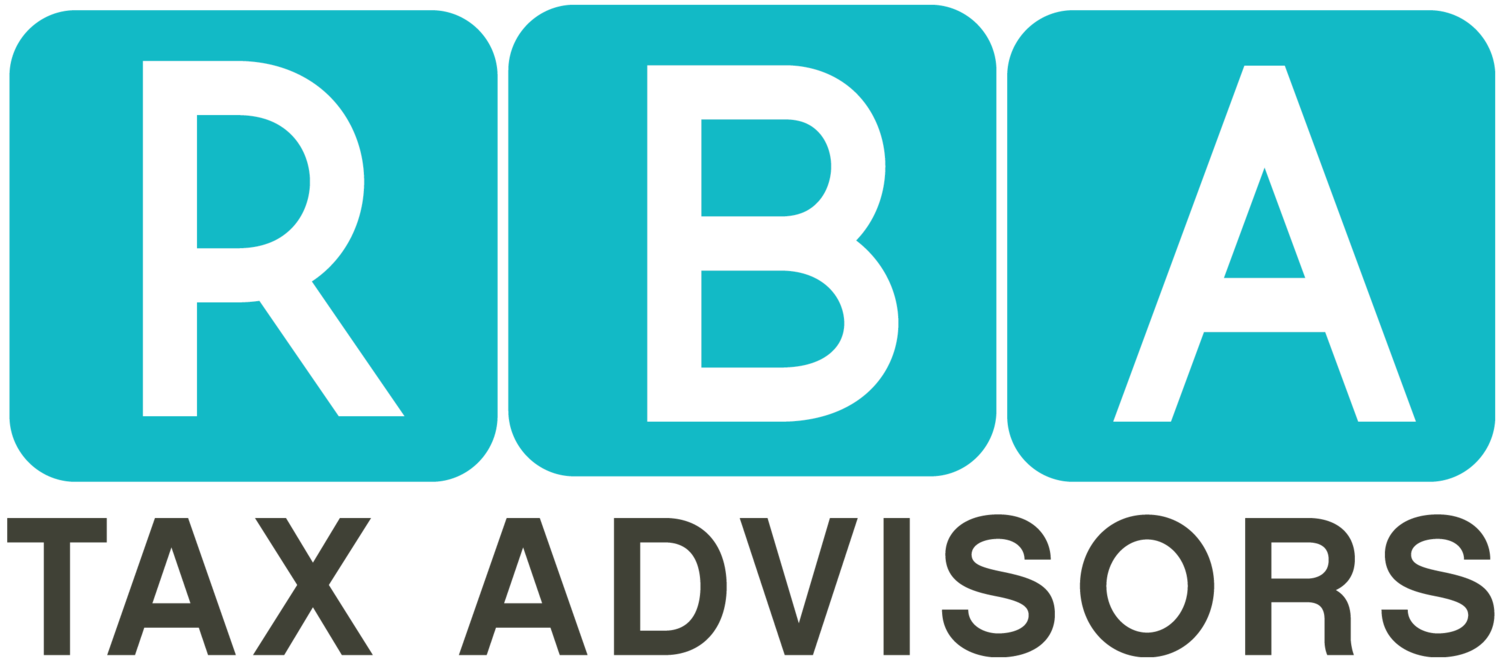During tax season, people are inundated with signs about tax preparation services popping up all over town. So how do you choose a tax preparer? How do you know whom to trust with your tax preparation and personal information?
In March 2016, the IRS reported 42,148 fraudulent tax returns totaling $227 million. When most people think of tax return fraud, more than likely they are thinking of someone stealing their information and filing a return.
Most people are unaware of another type of tax return fraud, where the tax preparer files a return on your behalf, but claims inflated personal or business expenses, false deductions, unallowable credits or excessive exemptions. Also, there are cases where tax preparer takes a portion of the tax refund without your knowledge
Here’s one scenario:
John hires ABC Tax Services to prepare his return. ABC Tax Services files a tax return for John, which states that he will receive a refund of $3,000. After John leaves, ABC Tax Services adjust John’s returns to reflect a refund of $5000. John receives $3,000 as expected and ABC Tax Services receives $2,000 of John’s refund to their bank account.
This situation occurred because the IRS and tax software allow refunds to be sent to multiple accounts without any verification. Taxpayers normally do not find out about this type of tax return fraud until the IRS audits them or if they request a transcript from the IRS showing a tax refund of $5,000.
The content of a tax return is the taxpayer’s responsibility. Even when you pay someone to prepare your taxes, you are responsible for checking the content of the documents.
Here are some precautions that you can take to identify possible preparer fraud:
1. Beware of tax preparers who only surface at tax time. It is best to choose a full-service company that is in business the entire year, and less likely to disappear if you have questions after tax season.
2. Ensure that you do not get promised a certain refund amount before the tax preparer has completed a review of your information.
3. Always make sure that your tax return has been signed by your tax preparer. All returns should have the tax preparer’s pin, company name, employer identification number (EIN), company address and phone number at the bottom of page 2 on Form 1040.
4. Request a draft copy of your return before it’s submitted to the IRS for your review. This way you can compare the draft version with the filed version.
5. Your preparer should provide you with IRS Form 8879 to request your signature for electronic filing authorization.
6. Get a copy of your return after it has been accepted by the IRS. This copy should include IRS Forms 8879 and Form 9325, if you received a copy of your return before e-file submission of your return. These forms should have the submission ID that shows the return was submitted to the IRS. Form 8879 should have your return amount and submission ID and the amount of tax refund.
For more tax saving tips to implement in your business, visit www.ronicabrownagency.com/blog


